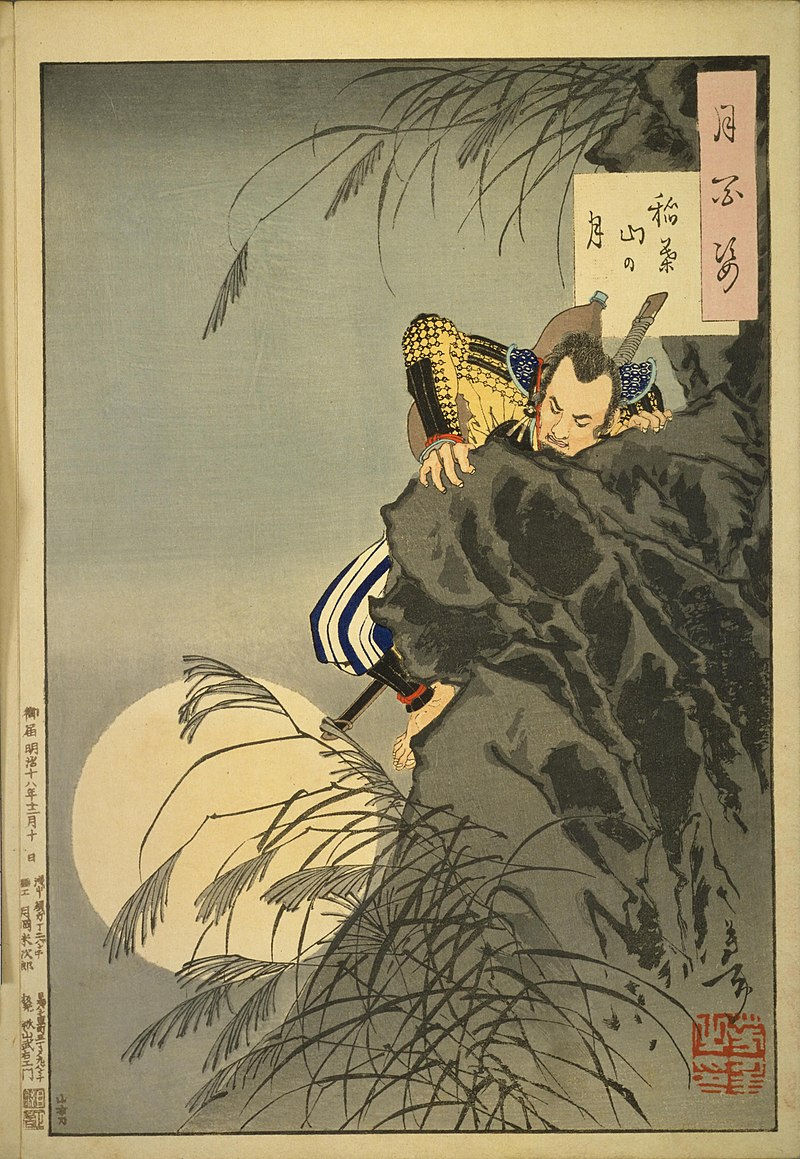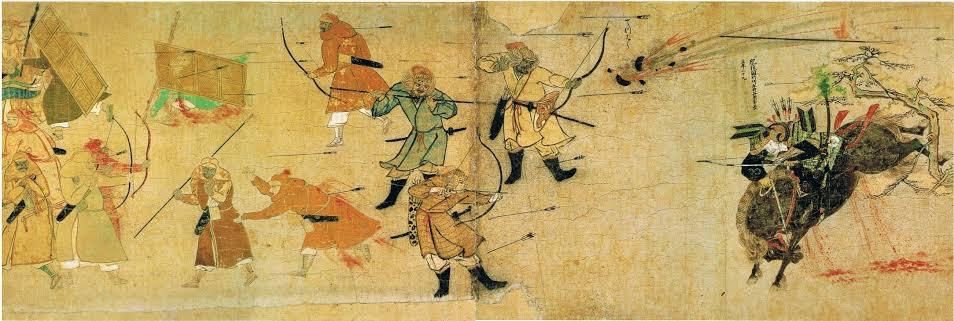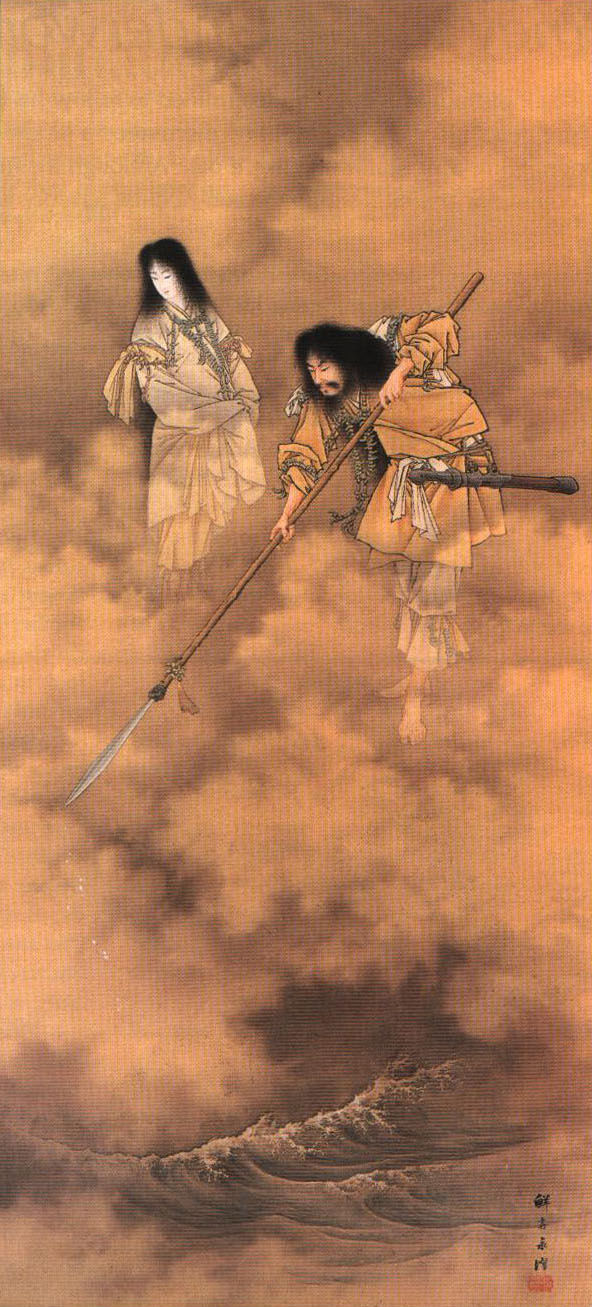Samurai
- 2304583d
- Aug 5, 2024
- 3 min read
Updated: Aug 9, 2024

A samurai (侍) was a member of the warrior class in premodern Japan, which lasted from around the 10th century until the 19th century. Samurai were known for their military skills, strict code of honor, and loyalty to their lords. Here is a detailed explanation of the samurai, including their origins, roles, and eventual decline:
Origins and Development
Early Origins:
Heian Period (794-1185): The samurai class began to form during the late Heian period as provincial warriors who served the aristocracy. Initially, they were employed by the nobility to protect estates and suppress rebellions.
Emergence of Warrior Class: Over time, these warriors gained more power and autonomy, forming a distinct warrior class known as the samurai.
Rise to Power:
Kamakura Shogunate (1185-1333): The establishment of the Kamakura Shogunate by Minamoto no Yoritomo marked the beginning of samurai dominance in Japanese politics. The samurai class became the ruling military elite, governing the country under the shogunate system.
Feudal System: The samurai operated within a feudal system, serving their lords (daimyo) in exchange for land or stipends.
Role and Duties
Military Service:
Warriors: Samurai were primarily military personnel, skilled in various forms of combat, including archery, swordsmanship, and horseback riding. They were the backbone of Japanese military forces during the many conflicts and wars throughout Japan’s history.
Bushi: The term "bushi" is often used interchangeably with samurai, emphasizing their role as warriors.
Code of Bushido:
Bushido: The samurai followed a strict code of honor called Bushido, which emphasized loyalty, martial arts mastery, honor, and discipline. The core principles included righteousness, courage, benevolence, respect, honesty, honor, and loyalty.
Seppuku: As part of their code, samurai were expected to commit seppuku (ritual suicide) to restore honor if they failed in their duties or were dishonored.
Administrative and Political Roles:
Government Officials: Many samurai also held administrative and political positions, managing estates, collecting taxes, and serving as judges. They played a crucial role in the governance of Japan during the shogunate periods.
Decline and Transition
Tokugawa Shogunate (1603-1868):
Peace and Stability: The Tokugawa Shogunate brought about a long period of peace and stability, known as the Edo period. With fewer wars to fight, many samurai transitioned to bureaucratic and administrative roles.
Economic Challenges: The lack of warfare led to economic difficulties for many samurai, who relied on stipends from their lords. Some became impoverished, while others found new roles as teachers, artists, and scholars.
Meiji Restoration (1868):
Abolition of the Samurai Class: The Meiji Restoration marked the end of the shogunate and the samurai class. The new government sought to modernize Japan, abolishing the feudal system and samurai privileges.
Modern Military: The samurai were replaced by a conscripted modern military, and many former samurai adapted to new roles within the rapidly changing society.
Legacy
Cultural Impact:
Influence on Japanese Culture: The samurai left a lasting impact on Japanese culture, including martial arts, literature, tea ceremonies, and arts like ikebana (flower arranging) and bonsai (miniature tree cultivation).
Bushido: The code of Bushido continues to influence modern Japanese values, particularly in areas like business and sports, where principles of honor, discipline, and loyalty are highly regarded.
Popular Culture:
Influence on Japanese Culture: The samurai left a lasting impact on Japanese culture, including martial arts, literature, tea ceremonies, and arts like ikebana (flower arranging) and bonsai (miniature tree cultivation).
Bushido: The code of Bushido continues to influence modern Japanese values, particularly in areas like business and sports, where principles of honor, discipline, and loyalty are highly regarded.
Conclusion
The samurai were a defining element of Japanese history, shaping the political, social, and cultural landscape of the country for centuries. From their origins as provincial warriors to their rise as the ruling military elite, and eventually to their decline and transformation during the Meiji Restoration, the samurai left an indelible mark on Japan. Their legacy continues to be celebrated and remembered in modern times, symbolizing the enduring values of honor, loyalty, and discipline.





Comments